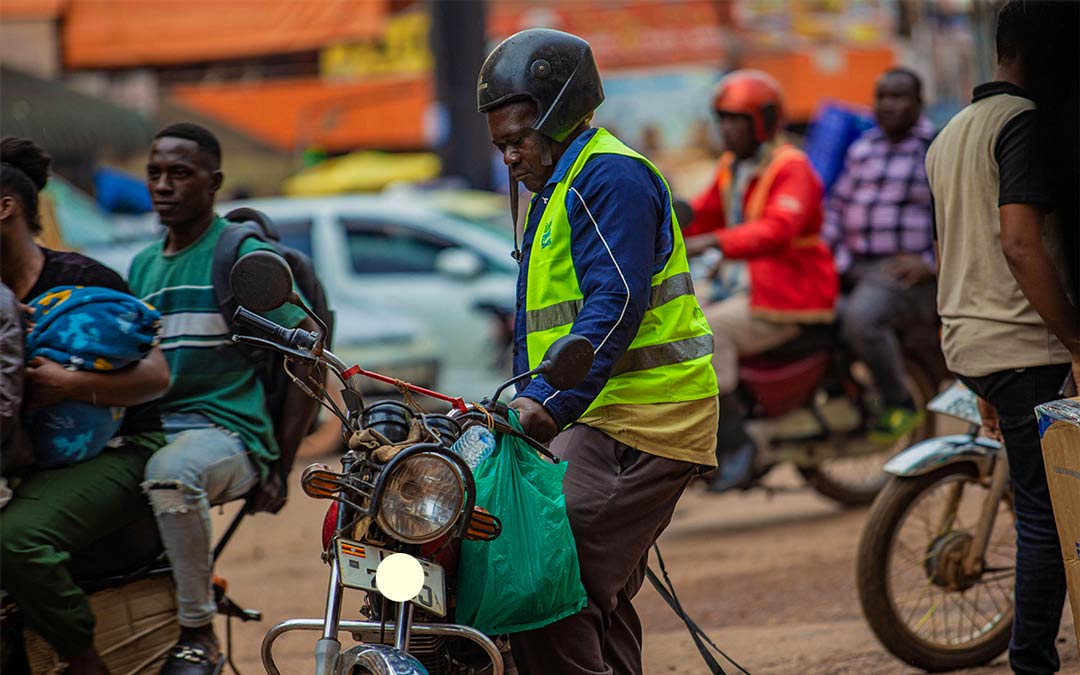
Is Kampala becoming too expensive to live in?
Life in Kampala has always demanded a mix of hustle and resilience. However, the word economy has recently become an euphemism for “Bro, Kampala is hard for me too” whenever financial matters arise. Even among the working class, a nagging thought persists: How much longer can I afford this city? Is Kampala becoming too expensive to live in? For many residents, the answer feels like a loud and frustrated yes.
Rent is an issue. Yaka runs like untapped water. Food and charcoal? Even worse—don’t even start on transport. Everywhere you turn, it feels like someone is raising the price of something. And yet, salaries seem frozen in time, like someone forgot to adjust them for inflation.
It makes you long for the good old days. There was a time when UGX 10,000 could stretch far enough to buy you lunch, get you a Boda to town, and still leave change for a Chapati. Today, UGX 10,000 feels like little more than pocket change.
When it comes to rent, the once-affordable Muzigo rooms in areas like Kireka or Najjera are now going for hiked prices—and that’s before factoring in utilities.
Food prices aren’t helping either. A quick market run feels like stepping into a bidding war. Matooke? The prices just keep climbing. A kilo of beans? Nearly double what it cost two years ago. Even posho—the fallback food for many homes—is becoming less of a bargain as prices creep higher…anyone bought tomatoes lately? We might as well settle for tomato sauce, lol.
As to why the cost of living in Kampala rising, there’s no single answer. Of course, inflation will always be a culprit in this. Inflation has been steadily eroding the purchasing power of Ugandan currency for a while now. Not to mention the growing population of Ugandans flooding the city in search of opportunities, increasing the demand for everything…especially housing.
Global factors have also played a huge part in driving up our prices. Rising fuel costs, disrupted food supply chains, and currency fluctuations all impact Kampala’s markets and streets. And, of course, our local inefficiencies like high taxes, limited government subsidies, and the state of urban planning all add to our problems.
How are Kampala residents coping with the rising cost of living?
Well, when life gets tough, “Kampalans” get tougher. We will always find creative ways of navigating the rising costs of life.
Rent, for example, has seen shared housing become a popular solution, particularly among millennials and young professionals. Splitting rent and utilities makes life in the city more affordable, though it comes at the cost of privacy, as more people are forced to live in closer quarters to make ends meet.
Others are moving farther from the city center to areas like Wakiso and Nansana in search of more affordable living. While this offers cheaper amenities, it comes with trade-offs—longer commutes and, in some cases, higher transport costs. For many, however, it’s the only viable option to cope with rising living expenses.
For the working people of Kampala, side hustles have become a norm. Everyone seems to be juggling extra tasks—selling clothes online, running errands for a fee, or freelancing. The streets of Kampala are filled with hustlers, each finding ways to make ends.
But even with these strategies, many struggle to keep their heads above water. Some families are cutting back on essentials—less meat in meals, fewer doctor visits, and postponed school fees. The human cost of Kampala’s rising expenses is becoming impossible to ignore. The troubling question;
Is Kampala Still Worth It?
For expatriates or high earners, Kampala might still seem relatively affordable. But for the average Ugandan—those earning below UGX 600,000 a month—it’s starting to feel impossible to keep up with the rising costs.
What makes it even harder is that salaries aren’t adjusting to match the rising prices. It’s one thing for costs to increase, but when income remains stagnant, the gap between living and surviving grows wider
While, in true Kampala spirit, people are still finding ways to push through, one can’t help but wonder; Where do we go from here?
Answer? For most out there, the way forward isn’t much in their hands. Apart from finding ways of supplementing income—which itself is a hustle with the scarcity of jobs, one can only hope for government policies aimed at controlling inflation, investing in affordable housing, and improving public transport.
Until then, Kampala hustlers will keep doing what they do best—adjusting, adapting, and surviving. But deep down, everyone is wondering: how much more can this city demand from its people before something finally gives?